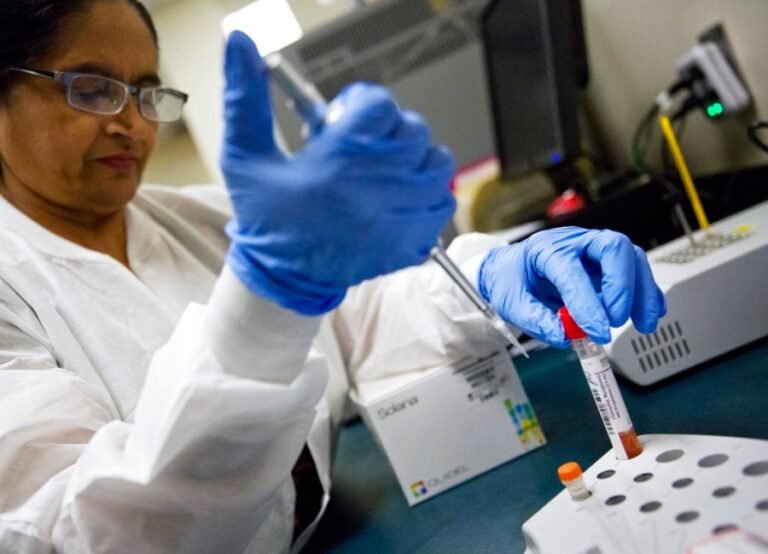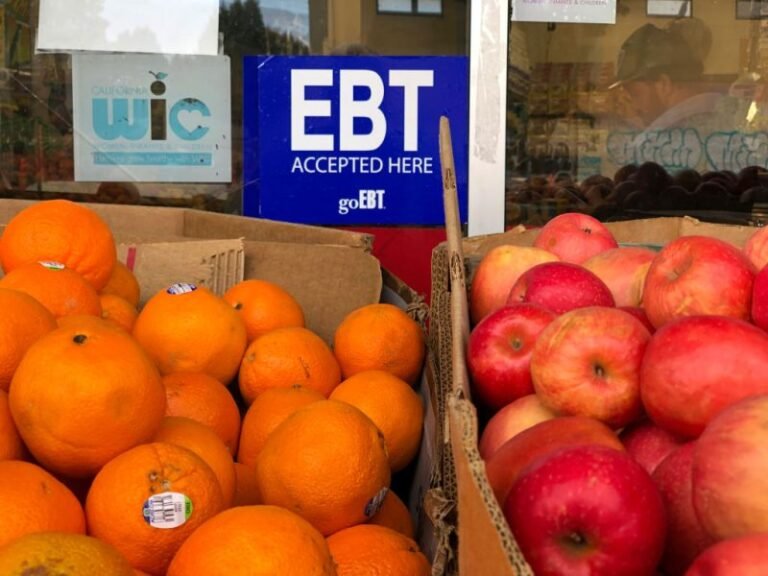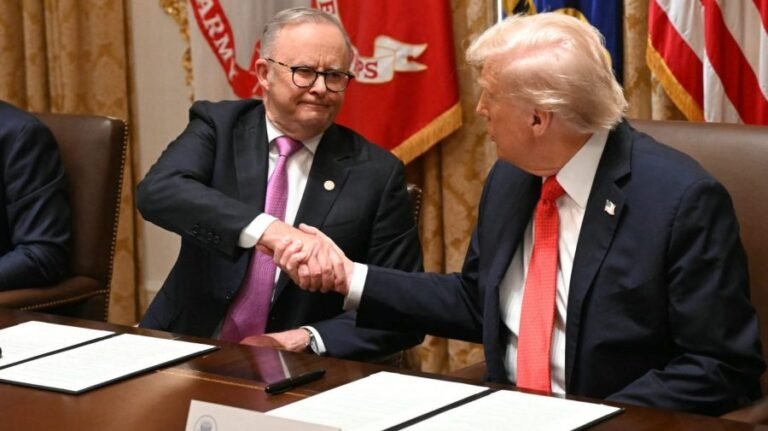
The late Charlie Kirk warned that a dangerous disease was spreading through America — a rising generation adrift, disconnected from community, stuck in stalled mobility, and cut off from opportunity. His warning has only grown more urgent with time.
One of the central engines of this decline is ObamaCare. Passed in 2010, it allowed and even incentivized states to enroll able-bodied adults in Medicaid without work requirements. In doing so, Washington turned a focused safety net into a wide-open welfare entitlement.
When Medicaid was created in 1965, it had a clear and noble purpose: to provide health care for the most vulnerable — low-income children, seniors, the disabled, and people in nursing homes. It also offered short-term assistance for individuals who hit hard times, serving as a temporary bridge to a better future.
ObamaCare broke that design. The system was suddenly flooded with people earning more than the federal poverty level of income. Medicaid spending doubled in just a decade, crowding out the people in need that it was originally intended to protect. Yet the fiscal cost, as serious and steep as it is, represents only part of the problem.
The deeper damage is cultural. By giving free government health insurance to those capable of working, ObamaCare undermines one of the strongest motivators in American life: the link between work and reward, between effort and achievement. For generations, employer-sponsored health coverage encouraged people to work. Good jobs usually offer good health coverage. ObamaCare flipped that incentive on its head. Why work for it, when the government just gives it away?
The result is a quiet hollowing out of the American spirit. Instead of connecting young people to the habits of work, community engagement and financial independence, the system pushed them toward passivity, dependence and resignation. It severed ties to the culture of employment and replaced ambition with attachment. In Kirk’s terms, it created spectators in their own lives rather than active participants.
President Trump and a Republican Congress recognized the urgency of this cultural and economic collapse and moved to correct it. On July 4, 2025, the president signed into law the “One Big Beautiful Bill Act,” landmark legislation that included a simple but profound reform: Able-bodied adults without children must complete at least 80 hours per month of work, volunteering or education to remain eligible for Medicaid.
These requirements are modest, even minimal — certainly less restrictive than President Clinton’s welfare reform of the 1990s. By expecting participation — whether in work, service or education — these reforms help Americans rebuild the essential skills and habits needed to transition into full-time employment. They reconnect people with their communities, ensuring that individuals once isolated by dependency can rejoin the broader fabric of social and economic life. In short, they make Medicaid a bridge again — away from the poverty trap it has become.
Work requirements achieve what dollars alone cannot: they help people rediscover the dignity of participation. By linking benefits to responsibility, they strengthen rather than weaken. They do not punish; they empower.
This reform directly addresses Kirk’s fear of a lost generation drifting without direction. Today, millions of Americans remain cut off from employment and community, propped up by a kind of false compassion — government aid that comforts in the short term but corrodes over time. Work requirements replace that illusion of false compassion with something lasting and meaningful: the dignity of work and the promise of opportunity.
America’s story has always celebrated work, education and training as pathways to advancement. It is not merely about earning money, but about building a life. As President Clinton reminded Congress in 1993, “Work is about more than making a living… it’s fundamental to human dignity, to our sense of self-worth, as useful, independent, free people.” That truth has stood the test of time and, for much of our history, enjoyed bipartisan consensus.
ObamaCare shattered that consensus. It blurred the line between genuine need and avoidable dependency, eroding the dignity of work. By restoring community engagement to Medicaid, Republicans are reclaiming a core American principle and reopening the path to prosperity for tens of millions of our fellow citizens.
Work is so much more than a paycheck. It is the first rung on the ladder of opportunity, the thread that brings neighbors together, and the engine that drives both dignity and destiny. The community engagement requirements for Medicaid address the growing cultural malady Charlie Kirk so accurately diagnosed by restoring purpose and accountability.
Erin Houchin, a Republican, represents Indiana’s 9th District and serves on the House Rules, Budget and Energy & Commerce committees.





